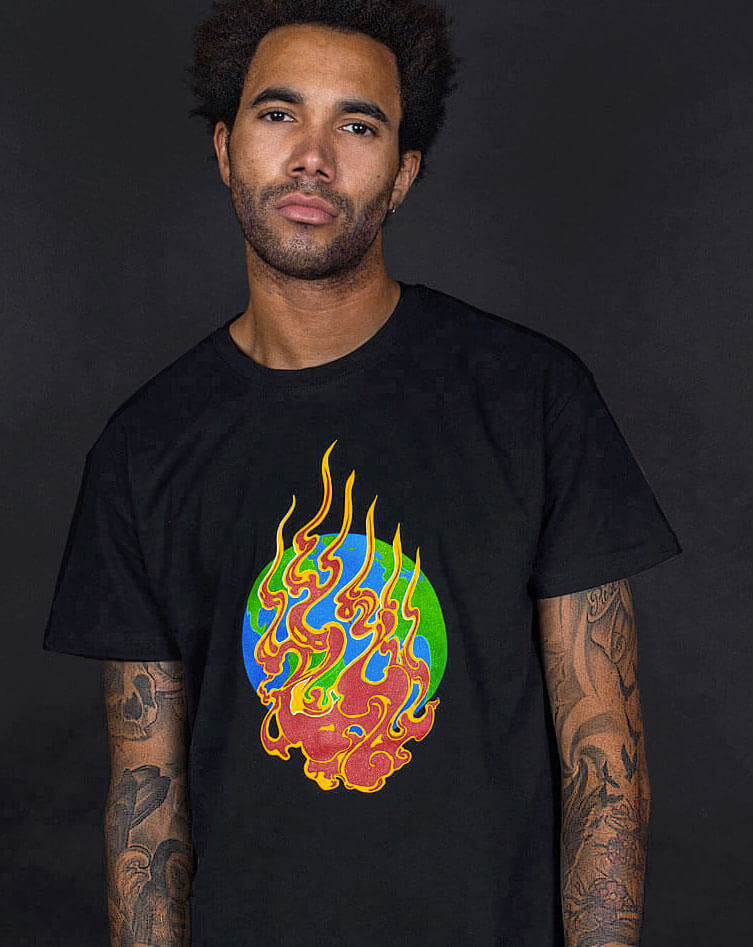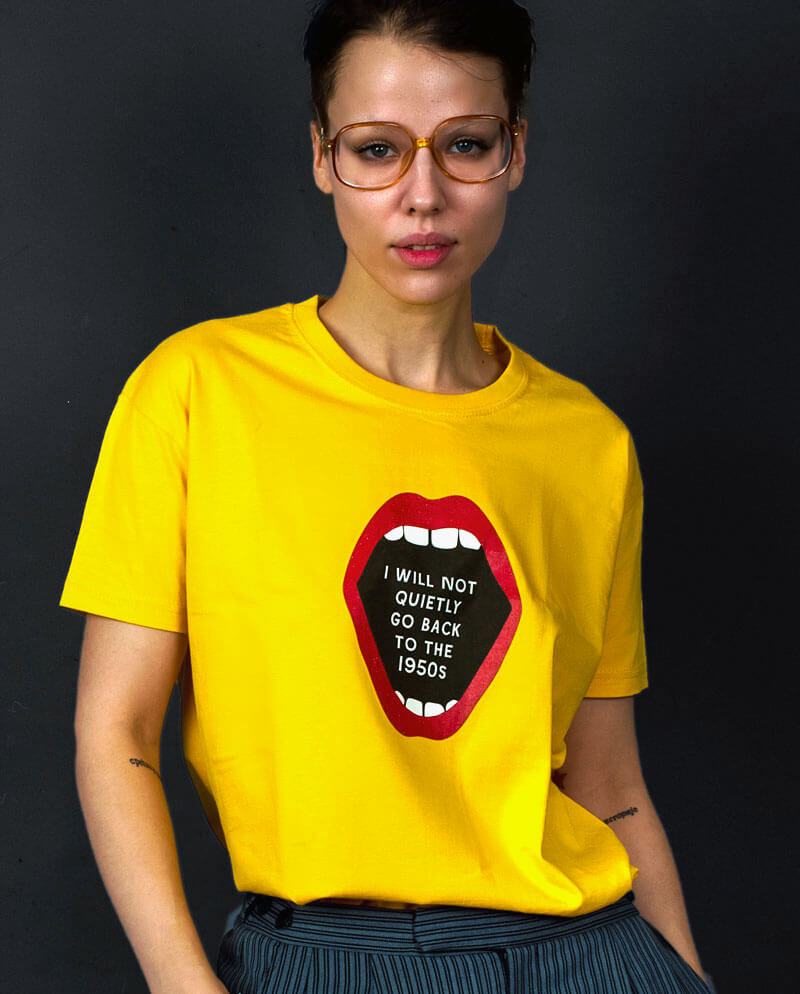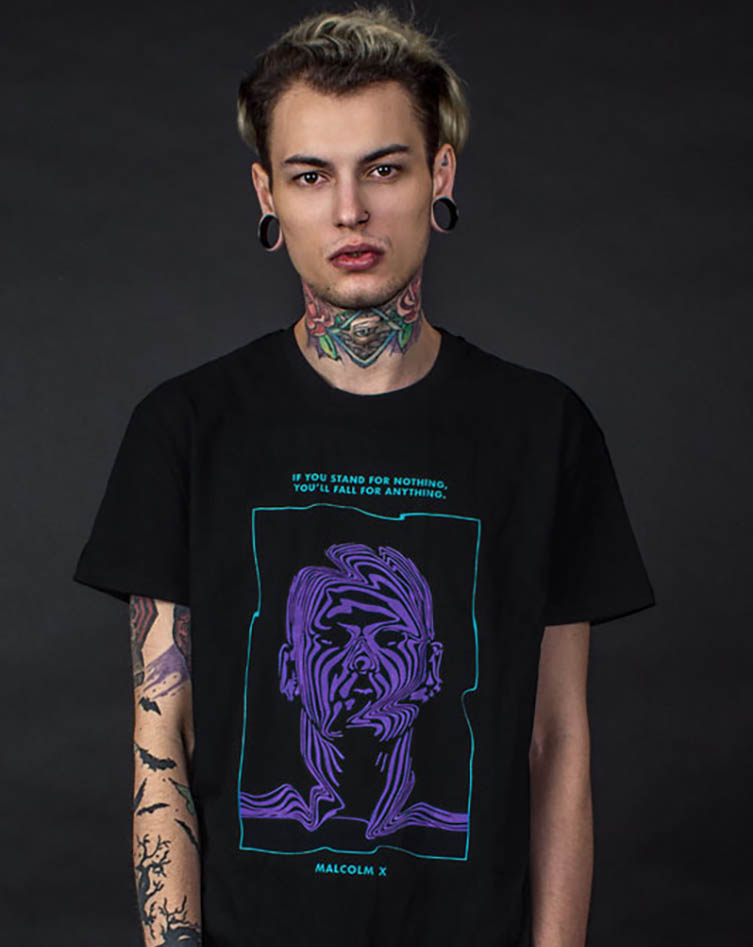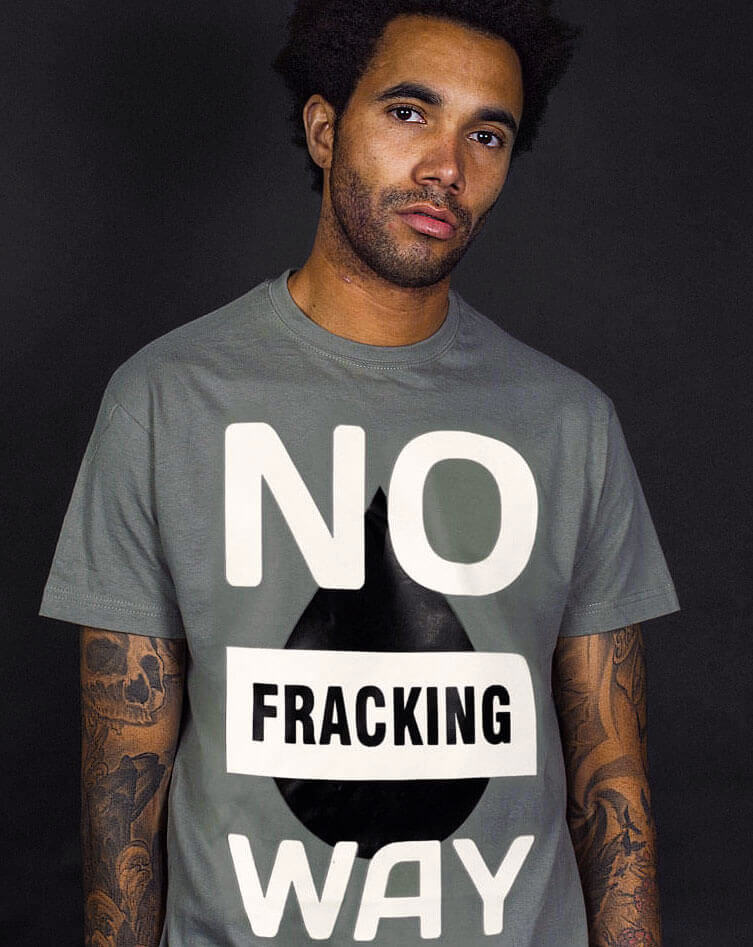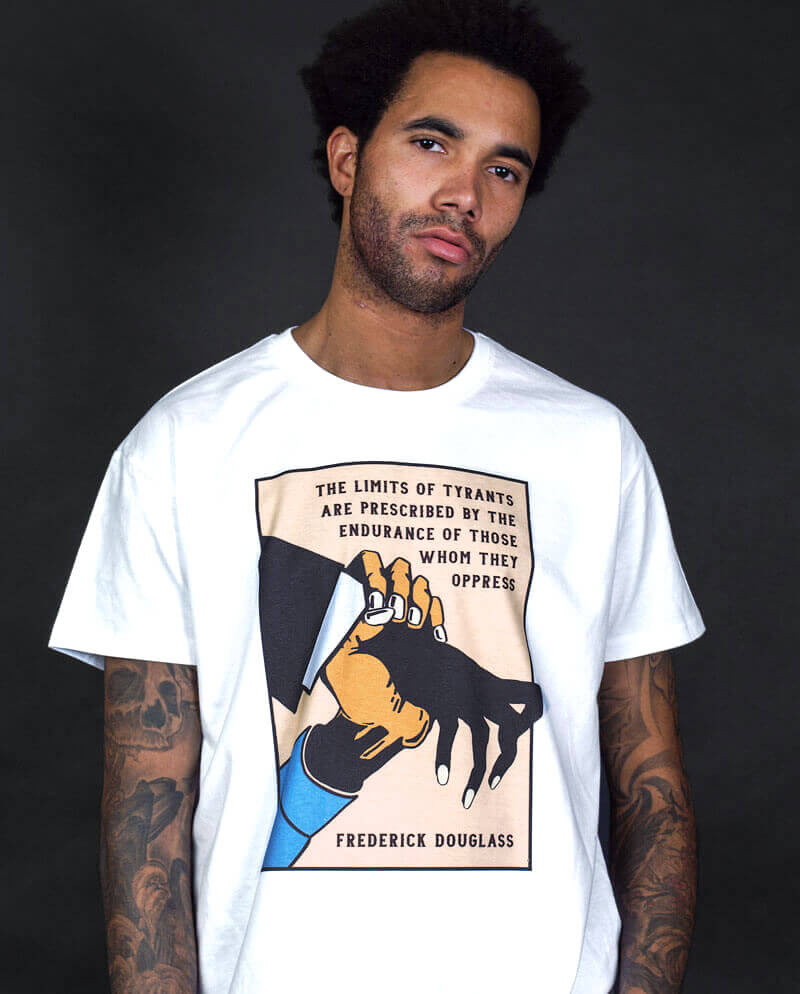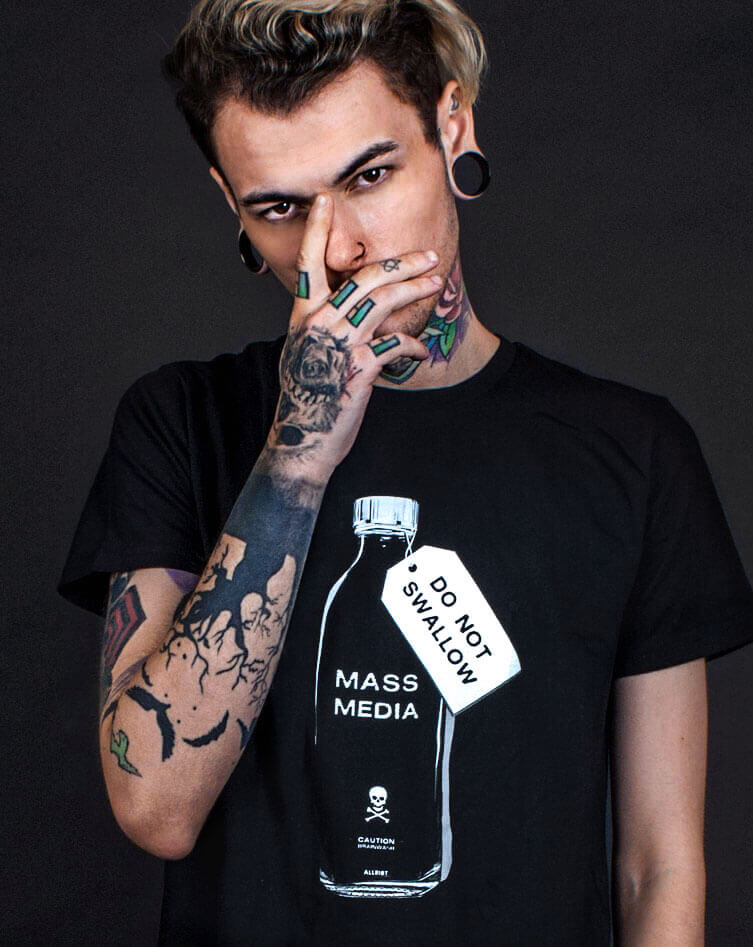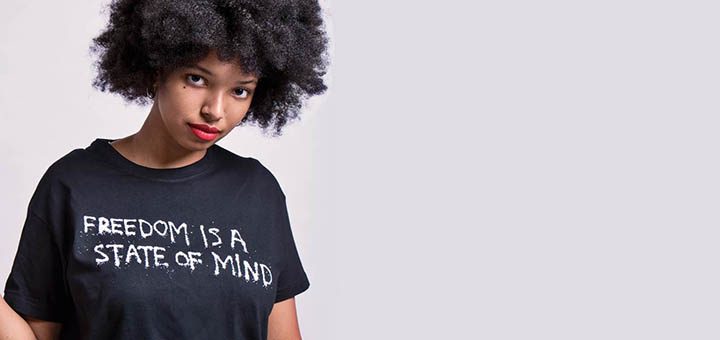
The Revolution is Just a T Shirt Away
T-Shirts have to be the most common item of clothing for people in the UK (excluding underwear!) so for such a staple item it’s amazing just how much they are loved, everyone has or either had their own favourite T-shirt, maybe your latest one, maybe one you’ve had for years that you got when you were travelling abroad or maybe the memory of that T-shirt you ALWAYS wore when you were young, mine was a black one with a yellow Batman logo, it was the height of cool for a 8 year old in the late 80s!
T-shirts seem to have just always been around but when you look back more than 100 years ago you struggle to find anyone wearing a T-shirt, at least visibly that is. T-shirt started life as an undergarment, often worn by upper classes as a way to protect their expensive clothing from direct contact with the skin and as hygiene became more important they were seen as a weapon against the various illnesses of the day. As the industrial revolution took hold manufacturing became cheaper and easier so it wasn’t just the upper and middle classes that would wear them. It was still however very much just an undergarment, and certainly not called a T-shirt
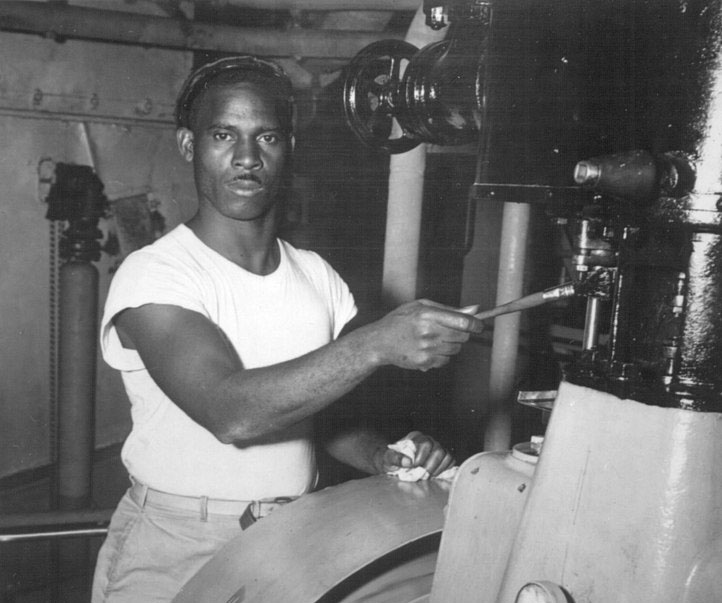
As an outer garment it was in the British and US Navy that they became popular giving a light and comfortable garment to wear in the heat which had enough flexibility to help the sailors do their job. It wasn’t until the Second World War that people would see it worn as an outer garment with images of soldiers in the hot sun wearing them, however it wouldn’t be for another decade that they became something people would actually want to be seen wearing. That all changed with Marlon Brando in the film 1951 Streetcar Named Desire and James Dean in Rebel Without a Cause. James Dean of course died at the wheel of his Porsche just a few days before the film was released but he became instantly idolised by millions of teenagers who saw the film and didn’t want to conform into 1950s suit and tie lifestyle they were previously told they should. The white T-shirt (with leather jacket) became the look for young rebels and the new wave of rock and roll music gave them the identity they wanted, so the T-shirt had become a symbol of non conformity and rebellion from the start.
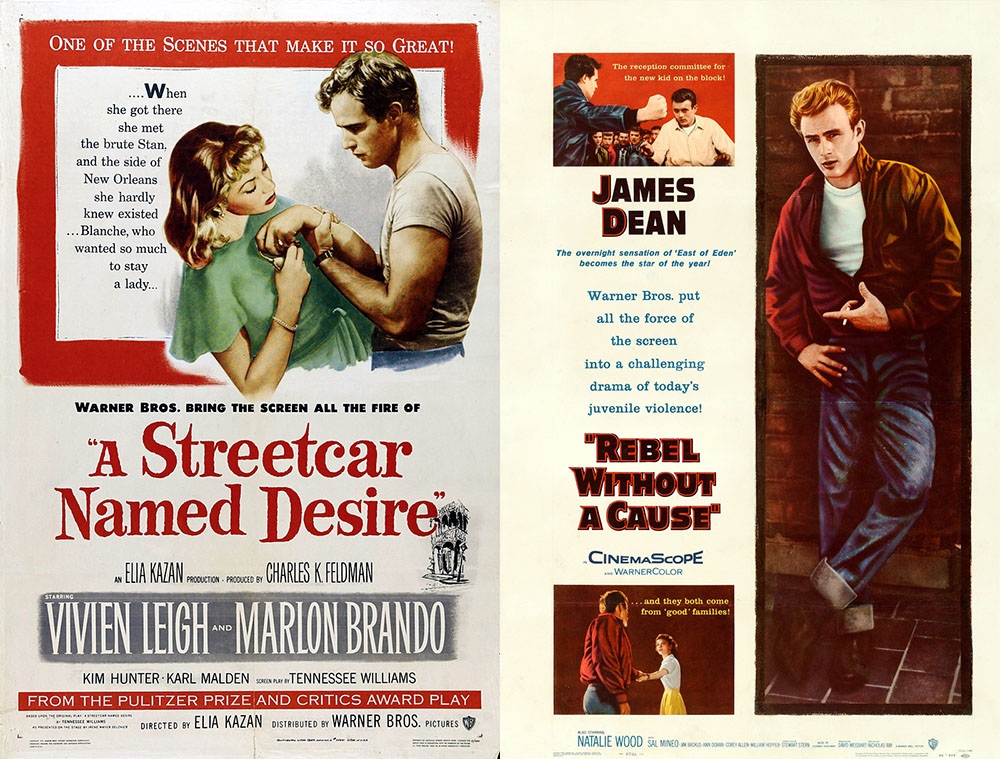
It was actually before this that the T-shirt was first used for messaging, and it was the politicians who spotted the opportunity before the protesters. In 1948 “Dew it with Dewey” was the slogan used on T-shirts by Presidential hopeful Thomas E Dewey. He didn’t win, which may explain why this didn’t take off as a result, but the idea was there and would resurface with television and pictures allowing messages to be spread even if they weren’t heard.
Whilst in the 50s the rebellious style was a plane white T-shirt it was the 60s that saw that change and rather it being a rebels without a cause, it was given a cause and became synonymous with political activism in that decade. In the US the Civil Rights Movement and Vietnam War dominated collective consciousness and the T-shirt was the perfect medium for spreading the political message.
When printing became easier and cheaper both protesters and politicians saw them as a way of spreading a message through images, you see people protesting all wearing white T-shirts, what are they protesting about? But if their white T-shirts say something, then the picture and the protest suddenly has meaning and also reach. This hasn’t changed over the years with anti nuclear protests in the 70s, AIDs awareness in the 80s to the climate emergency and Black Lives Matter movements of today, T-shirts are still a way many chose to subvert the political forces and establishment and show support for others who suffer from injustice.
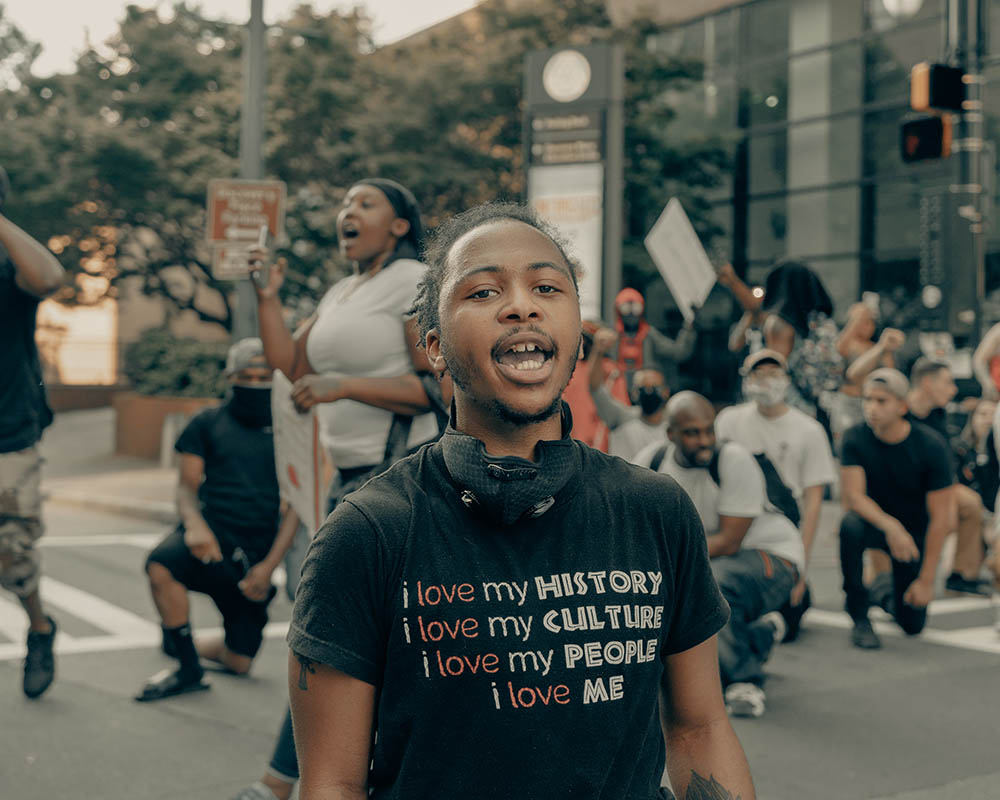
T-shirts are not just for the protest voice, but also as a canvass for art with ever more creative designs emerging alongside more advanced printing techniques. Particularly with the advent of the internet anyone could create their own designs and sell them online, this lead to an explosion of T-shirt brands unconstrained by the rules of sensible high street brands, this helped make the slogan T-shirt more popular than ever in the 2000s, and meant you could pretty much have whatever you wanted on your T-shirt, no matter how controversial, rude or just plain daft!
One downside of T-shirts becoming easier and easier to design and print is that they became more throwaway, with cheaper and cheaper T-shirts available and especially when big business such as Primark got in on the act copying the style and messages from small independent T-shirt companies, but of course much cheaper on much lower quality T-shirts with very questionable supply chains.
Of course this does not mean all T-shirts are like this. T-shirts that that have a message are still as popular as ever with All Riot producing some of our favourites which are made from from organic cotton especially for us!
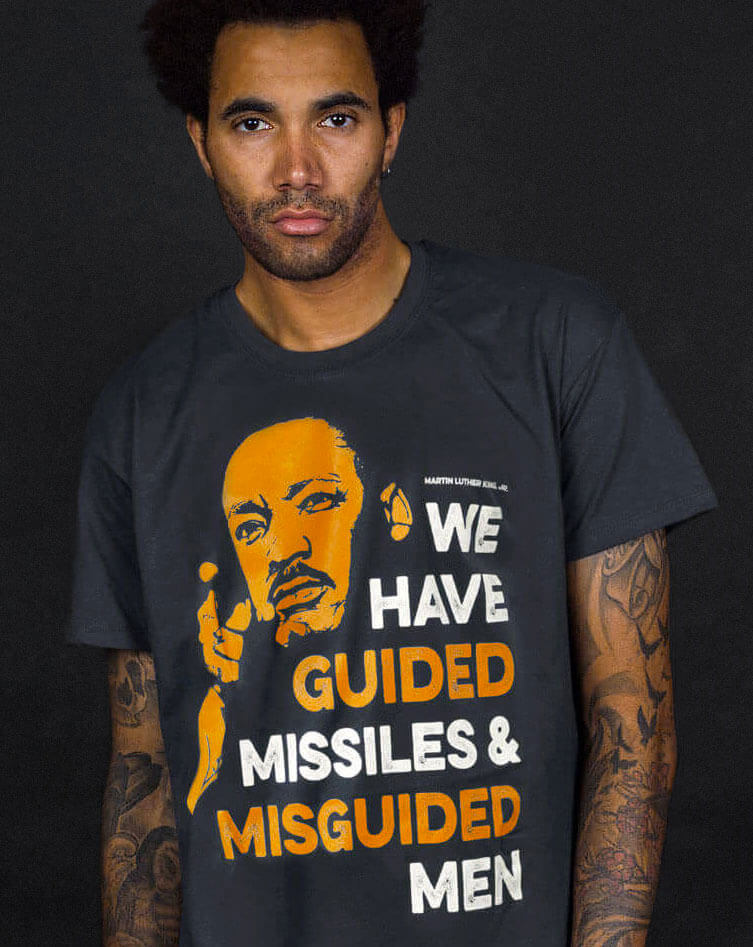
All Riot is a London based clothing company that produces political t-shirts to fight against apathy within our society, primarily apathy towards politics. All Riot has set out to be a call to action rather than a clothing brand. No longer should we be apathetic and disillusioned with our country, we should stand up and take charge of our lives. Each ethical t-shirt is sweatshop free and WRAP certified, so no harmful substances are used at any point during production and they are printed and packed in the UK.

